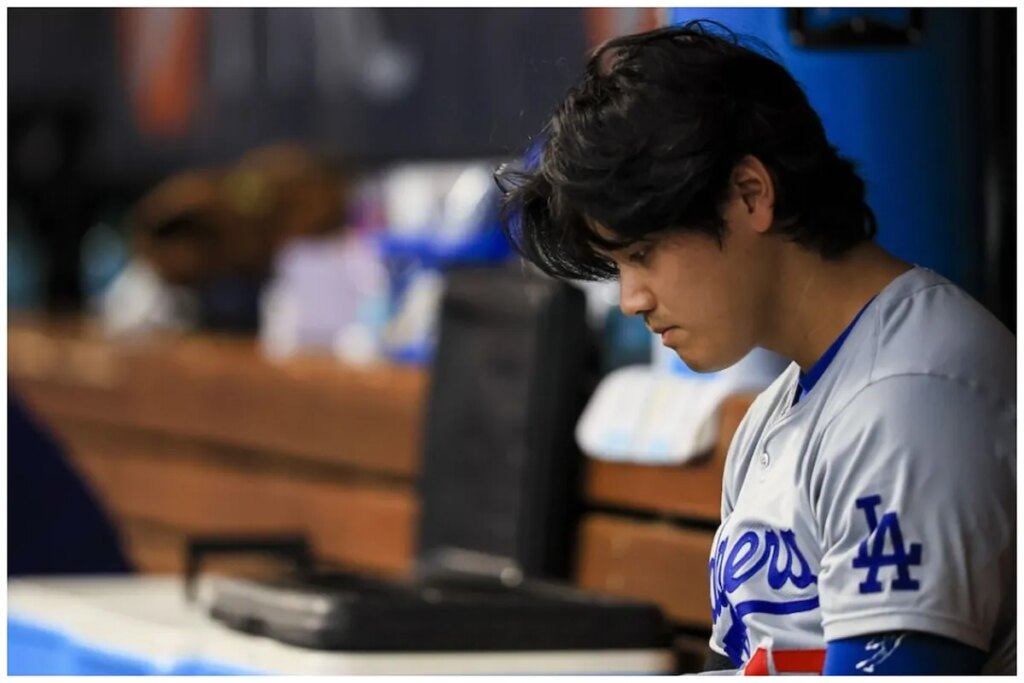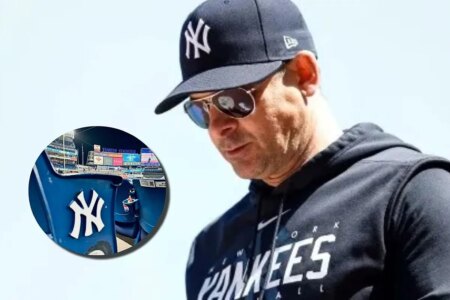ASanta Ana civil courtroom opened this week an emotional testimony and sharp accusations over the 2019 overdose death of Tyler Skaggs, the 27-year-old Los Angeles Angels pitcher whose passing is still a topic of conversation among baseball fans and analysts.
Skaggs, former Angel teammate of Shohei Ohtani, died after taking a combination of fentanyl, oxycodone and alcohol in a Texas hotel room. The federal conviction of the Angels’ former director of communications Eric Kay for distributing pills that resulted in Skaggs’ overdose death is a settled fact. Kay was jailed in 2022, but in the ongoing civil wrongful-death case now underway, Skaggs’ family is seeking more from a jury. They claim that the Angels themselves have legal culpability.
Family draws picture of institutional failure
Opening statements by the family’s attorneys highlighted a fierce narrative. Plaintiff’s counsel concluded that the Angels new, or should have known, the abusive opoid use of Kay and the further fact that he repeatedly supplied pills to players. Yet, the team allegedly continued to employ him and allowed him access to the clubhouse and to players on road trips.
The lawsuit by the family claims $118 million in damages, stating that the franchise did not adhere to its own policies and essentially “buried its head in the sand,” which led to the known dramatic consequences.
Those claims, brought before the jury as part of the family’s case, lie at the heart of their contention that the organization’s wrongdoing directly contributed to his death.
The Angles deny responsibility
The Angels strongly reject that narrative. Their attorneys informed jurors that the club was unaware that Skaggs was taking or being provided with illicit pills and that the lethal cocktail of drugs was off duty and beyond the club’s jurisdiction. The franchise points to Kay’s conviction as a singular criminal offense and highlights that addiction and self-destructive decisions were the primary causes of the tragedy.
Moments in the courtroom have been filled with a lot of drama: family members involved, precise forensic testifying about the toxicology reports, and the possibility that present and former players might be called to testify about what they observed or heard within the Angels’ clubhouse. The family’s lead attorneys informed jurors that employees “failed Tyler” by not fixing a – according to them – known problem. On the other hand, the Angels’ lawyer asked the jury to consider individual culpability and boundaries of an employer’s control.
An unfortunate tragedy that overshadows everything
We cannot forget that Tyler Skaggs’ death was a national tragedy that resulted in a federal criminal conviction.
The civil trial now rests with a jury determining if the Angels as an organization are liable to be judged. The trial is proceeding slowly, with strong testimony and high legal stakes. Whatever the final statement is, the case is likely to resonate beyond Santa Ana borders, reminding citizens about player safety, monitoring in the workplace and how sporting institutions safeguard, (or should safeguard) individuals under their care.
Read the full article here











